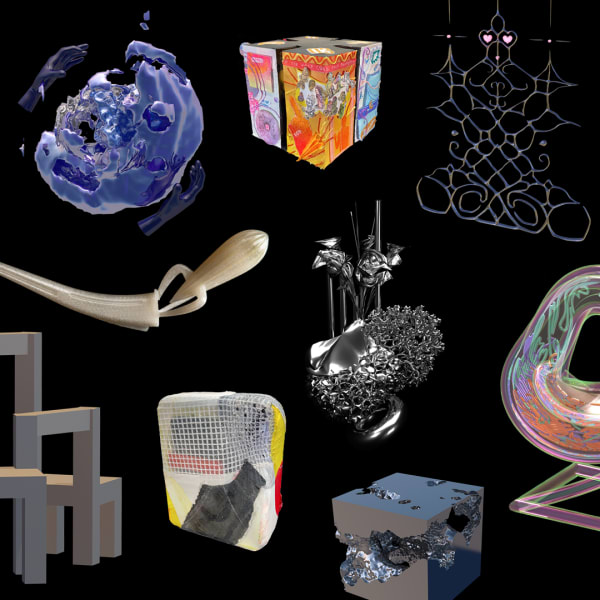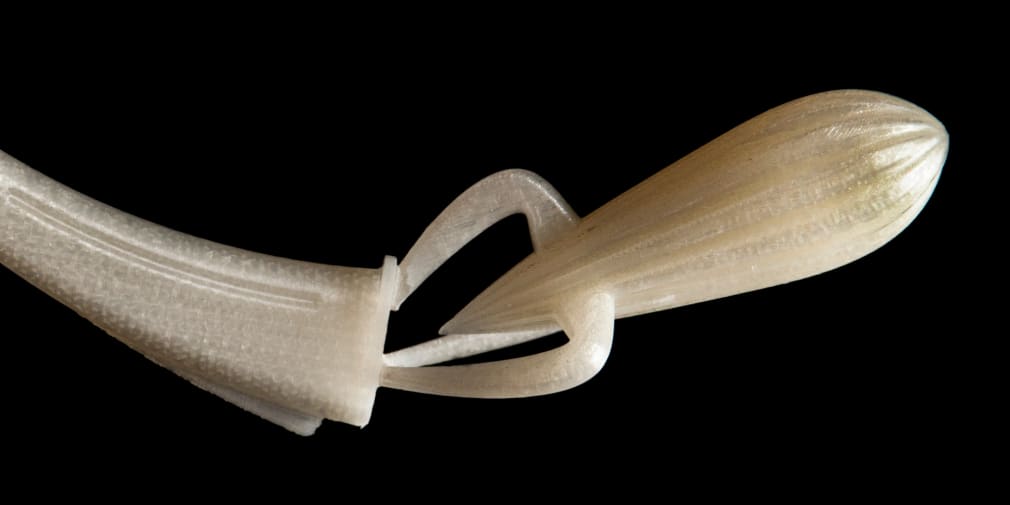Guiding policy 1
Changing the way we teach
Creativity is a skill vital across the economy and society. In today’s knowledge economy, this will become increasingly so.
To give our students the skills they need for this new world and to deliver a rich and rewarding student experience, we must change the way we teach.
By doing so, in partnership with staff and students, our students will have the careers they want and go on to build a better world.




What we'll do
- Redesign our curriculum, in partnership with staff, students and external specialists, to improve vocational opportunities, and our graduates’ skills and employability.
- Use digital technologies and digital thinking to deliver a world class student experience.
- Develop our students’ creative skills and practices for a wider range of industries and help more students start their own businesses.
- Ensure our students’ skills are always set within an ethical framework which addresses issues of social, racial and climate justice.
- Transform access to creative technology and computing.
- Increase our networking, guidance and careers support for alumni and graduates.
What we’re doing now
Case study 1: Diploma in Creative Computing
We need to ensure our students have the right skills for the jobs of tomorrow. In response, UAL’s Creative Computing Institute is offering a diploma in Creative Computing. This is an opportunity for all undergraduate students going into their third year of study. The diploma helps students understand the computational technologies that are driving innovation in the creative industries. Graduates with advanced computing skills are in high demand. This project will ensure more of our students are ready to fulfil it.
Case Study 2: Developing Creative Attributes
Our students need practical skills to flourish. We already offer them. Students at Camberwell College of Arts, Chelsea College of Arts and Wimbledon College of Arts, for instance, develop their creative skills through collaborative, multi-disciplinary projects aimed at future employment prospects. Our newly-developed second year Collaborative & Collective Practices Unit is an example of this in action and is offered to all students.
Case Study 3: The Enterprise Pipeline
More than one in ten of our students form start-ups. But there is no reason why we can’t increase that proportion. The Enterprise Pipeline at London College of Fashion is doing exactly that, allowing students to explore entrepreneurial learning within the curriculum. This helps them develop their ambitions, launch start-ups with extracurricular support, and then scale them through funding and awards, and accelerator and incubation programmes within and outside UAL.
Case Study 4: Diploma in Professional Studies
Industry experience makes a big difference to student success. The Diploma in Professional Studies at London College of Communication helps students undertake placements, live briefs in industry, and their own freelance projects. This improves students’ creative attributes, employability and enterprise skills. It also enhances academic attainment. The College’s undergraduate courses are all expected to incorporate the diploma in the future.
Case Study 5: The Academic Futures Project
UAL’s academic community needs to be rooted in cultural and social diversity. The Academic Futures Project uses enhanced recruitment practices and makes use of multi-method selection for candidates from underrepresented backgrounds. Over half of the successful applicants in recent recruitment rounds were from Black, Asian and Minority Ethnic groups.
-

‘Imagination cubed’, Nicola Constantina, 2023 MA Art and Science, Central Saint Martins, UAL
-

Joanna Domagalska, 2022 BA Graphic and Media Design, London College of Communication, UAL
-

Kate Petersons, 2023 BA Design for Branded Spaces, London College of Communication, UAL
-

Artefacts created by current students and graduates, 2022 UAL | Campaign design direction: Brand and Creative Services, UAL

